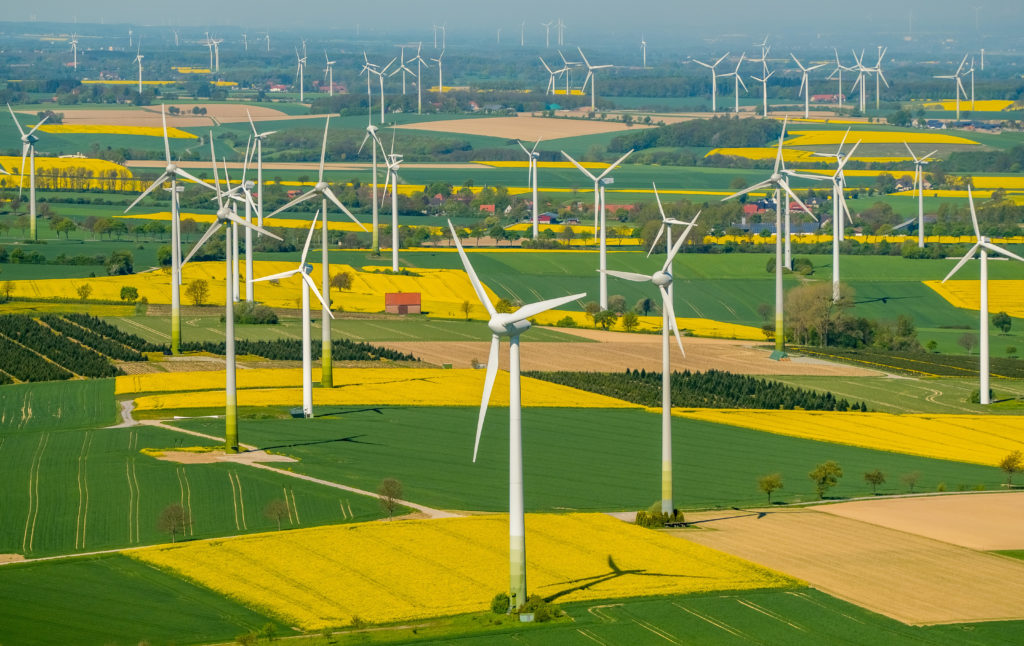NUR-SULTAN
Germany’s Svevind plans to develop a major green hydrogen project in Kazakhstan’s steppe, which aims to produce two million tonnes of green hydrogen every year.
Kazakhstan’s official delegation has signed a road map for the project implementation with Svevind during a recent visit to Sweden, the country’s Foreign Ministery said.
In June, Svevind and Kazakhstan’s Invest National Company agreed to cooperate in the project implementation.
Svevind will install wind and solar farms with a total capacity of 30-45 gigawatts (GW) in mainly steppe areas in western and central Kazakhstan. The green electricity will feed 30 GW of electrolysers. The green hydrogen can either be exported directly to the ever-growing Eurasian markets or used locally to produce high-value green products, like ammonia, steel or aluminium.
The overall development, engineering, procurement and financing phases are expected to take about three to five years. Construction and commissioning phases will take about five years.
“The promotion of low-carbon development is in line with the strategic direction of development of Kazakhstan and the obligations undertaken in the framework of international agreements,” Meirzhan Yussupov, Chairman of the Board of Kazakh Invest, said after signing an agreement in June. “Through the development of hydrogen energy, Kazakhstan can get its niche in the world supply of hydrogen.”
Kazakhstan’s huge reserves of traditional energy sources, namely: cheap coal, oil, and natural gas, are being chipped away every year. Year-on-year, there is a gradual decline among existing fields and sources, despite some new recently announced finds. Their extraction requires increasingly significant financial investments, especially if associated with deep offshore oil drilling and complex technologies.
To avoid an eventual economic recession brought about by the decline in hydrocarbon fuel demand and diminishing mineral reserves, Kazakhstan is trying to adapt by tapping into its vast – and potentially hugely lucrative – renewable energy resources.
“The green hydrogen facilities will lift Kazakhstan among the global leaders of renewable energy and hydrogen at very competitive, ultra-low production costs. We trust that for green hydrogen, Kazakhstan is the place to be,” Wolfgang Kropp, Svevind’s CEO, said.

